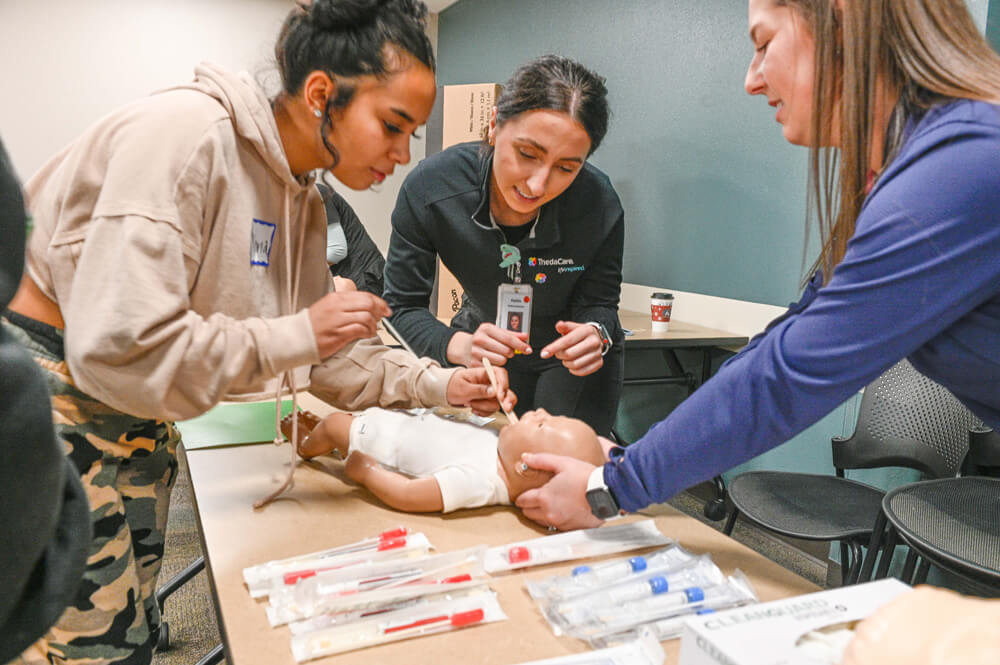
Mental health is crucial at every stage of life, and it is particularly important during the formative years of childhood, adolescence, and young adulthood. Addressing mental health early can foster resilience, emotional well-being, and a foundation for lifelong health. This guide provides an overview of mental health for youth, with dedicated subpages for children, teens, and young adults.
Mental health includes emotional, psychological, and social well-being. It affects how we think, feel, and act. For youth, good mental health is essential for:
Children, typically aged 5-12, are in a critical period for mental and emotional development. Addressing mental health at this stage lays a strong foundation for future well-being.
Adolescence, typically aged 13-18, is a time of significant change and development. Mental health challenges often emerge during these years due to academic pressures, social dynamics, and identity formation.
Young adulthood, typically aged 18-25, involves transitions such as higher education, starting careers, and gaining independence. Mental health support is crucial during this period of newfound responsibilities and challenges.
Mental health is a vital component of overall well-being for youth. By recognizing the importance of mental health, promoting supportive environments, and addressing challenges early, we can help children, teens, and young adults thrive. By taking proactive steps, we can ensure a healthier and brighter future for our youth.
Mental health is a vital component of overall well-being for youth. By recognizing the importance of mental health, promoting supportive environments, and addressing challenges early, we can help children, teens, and young adults thrive. By taking proactive steps, we can ensure a healthier and brighter future for our youth.